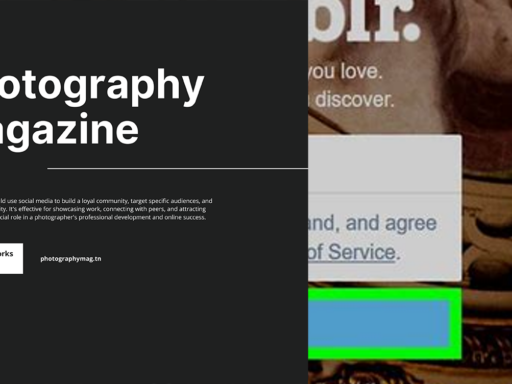So, why did Tumblr decide to roll out the red carpet for sensitive content removal? Buckle up, because the ride through the land of corporate decisions is bumpy yet bizarre! In December 2021, Tumblr’s bold move to censor adult content shook the foundation of its user base. And no, it wasn’t just a case of overzealous moderation. Oh, no—it turns out the infamous gatekeepers of tech—like Apple—were behind this shift.
You see, Tumblr used to be the party spot for all things alternative, creative, and yes, gritty. With a significant portion of its users indulging in adult-themed content, the platform thrived on being edgy. But like a superhero with a secret identity, Tumblr had to reveal its true face when it came to playing nice with app stores. Apple, with its “no-nudity policy” more stringent than grandma’s Sunday best, imposed some serious restrictions on apps that didn’t comply. Yes, we’re talking about the mighty tentacle known as the App Store Guidelines, where anything deemed “sensitive” gets tossed into the digital abyss.
Imagine being at a party where you’re told you can’t talk about your latest art project because someone might be “offended.” That’s kind of what happened at Tumblr. In an attempt to stay on Apple’s good side, Tumblr had to tidy up their act, scrubbing away all the goodies that made it unique. The decision came down to a simple equation: appease Apple or risk losing its iOS audience. Nobody wants to be the app that gets kicked out of the cool kids’ club, right? Parentheses expanded: losing users also means losing revenue.
Now, Tumblr users felt like they bought tickets to a concert, only to find out it’s a silent meditation retreat. For those who thrived on the raw, unfiltered experiences that Tumblr provided, this was akin to serving decaf at a coffee shop. The company justified their decision under the auspices of creating a “safer” environment. Yeah… let’s use that word lightly. Their reasoning was that sensitive content could potentially “offend” or “harm” users, which, let’s be real, smacks more of corporate speak than genuine concern.
The detour took a darker turn as users began flocking to more obscure corners of the internet where they could still express themselves without that pesky corporate meddling. Tumblr’s attempt to balance the tightrope of free expression alongside corporate compliance led to an exodus of content creators—all searching for a digital landscape that allows them to spin their tales, create their art, and wrestle with their identities without fear of censorship.
In the grand scheme of things, Tumblr’s move to remove sensitive content stirred quite the pot. It marked a moment where the struggles between independent platforms and corporate tech overlords became glaringly apparent. So, while Tumblr might feel just peachy about adhering to the whims of Apple, in the hearts of many users, it felt like a tragic loss of a playground where they could express their most colorful selves. Hence, if you’re still hoping for a raucous good time on the iOS app, you might want to reconsider. Just like that indoor water park that never opened, it’s best to look elsewhere for your thrills.





